Lymphoma Cancer
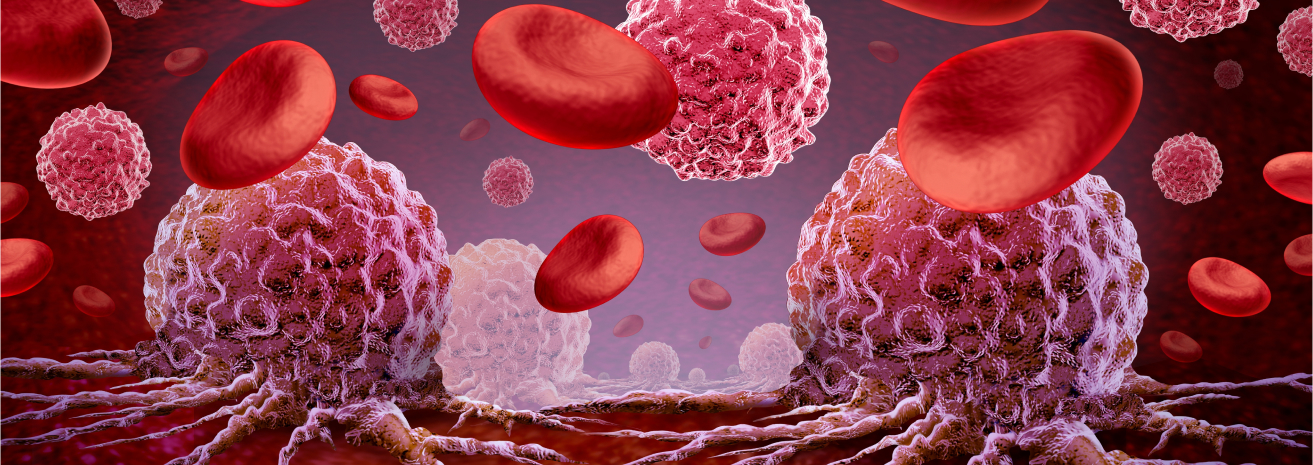
Lymphoma is a type of cancer that begins in the lymphatic system, which is part of the body’s immune system. It occurs when lymphocytes (a type of white blood cell) grow uncontrollably. There are two main types: Hodgkin lymphoma and non-Hodgkin lymphoma (NHL), each with distinct characteristics and treatment approaches. At Burjeel Cancer Institute, we offer advanced and personalized treatments for lymphoma, including chemotherapy, targeted therapy, immunotherapy, and stem cell transplantation, ensuring that each patient receives the most effective care.
Symptoms and Risk Factors
- Painless swelling of the lymph nodes in the neck, armpits, or groin
- Persistent fatigue or weakness
- Fever or night sweats
- Unexplained weight loss
- Itching
- Loss of appetite
- Shortness of breath or cough
- Abdominal pain or swelling
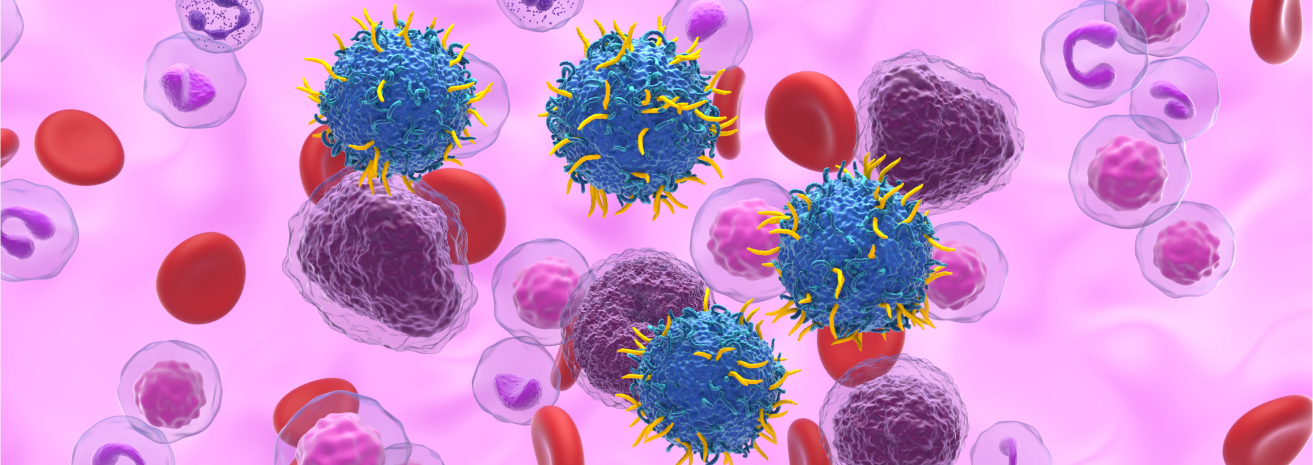
Risk Factors for lymphoma include
Age
Certain types of lymphoma are more common in young adults (Hodgkin lymphoma), while others occur more frequently in people over 60 (non-Hodgkin lymphoma).
Gender
Men are more likely to develop lymphoma than women.
Weakened Immune System
People with immune system deficiencies or autoimmune diseases are at a higher risk.
Infections
Infections such as Epstein-Barr virus (EBV) or human immunodeficiency virus (HIV) are linked to a higher risk of developing lymphoma.
Family History
A family history of lymphoma may increase the risk.
Radiation Exposure
Prior radiation therapy for other cancers can increase the risk of lymphoma.
Diagnostic Procedures
At Burjeel Cancer Institute, we use advanced diagnostic tools to accurately detect and stage lymphoma, including
Lymph Node Biopsy
A sample of tissue from an enlarged lymph node is taken and examined under a microscope to confirm the presence of cancer cells.
Bone Marrow Biopsy
A sample of bone marrow is taken to determine if the lymphoma has spread to the bone marrow.
CT Scan and MRI
Detailed imaging to assess the size and location of the lymphoma, as well as its spread to other organs.
PET-CT Scan
A highly sensitive imaging test used to detect active lymphoma cells throughout the body.
Flow Cytometry:
A laboratory test used to analyze the characteristics of lymphoma cells, including their type and genetic markers.
Cytogenetic Testing
Looks for chromosomal abnormalities in the lymphoma cells to help classify the subtype and guide treatment.
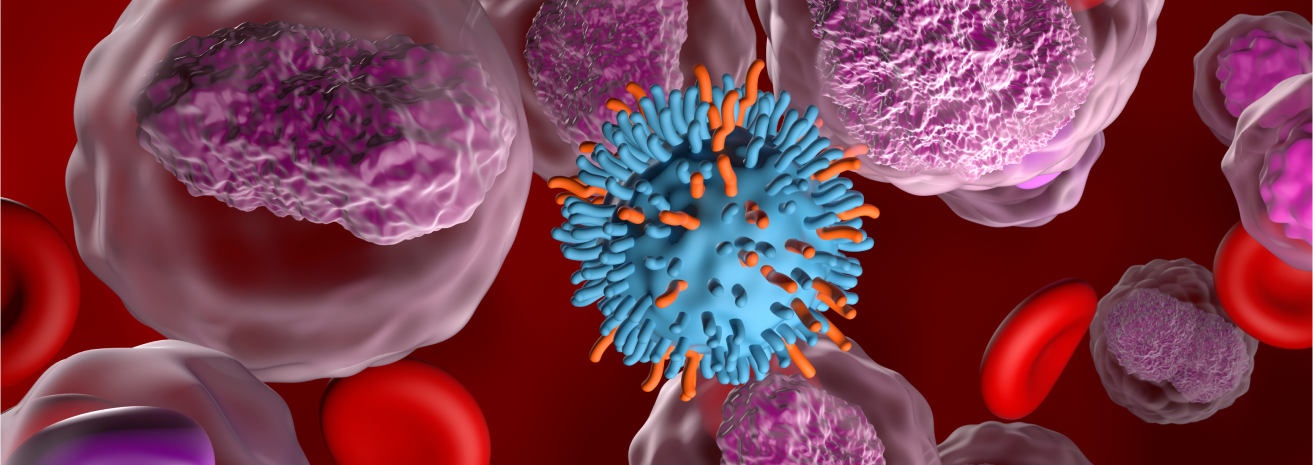
Treatment Options
Stem Cell Transplantation
- Autologous Stem Cell Transplant: The patient’s own healthy stem cells are collected and re-infused after high-dose chemotherapy to rebuild the bone marrow.
- Allogeneic Stem Cell Transplant: Stem cells from a donor are infused into the patient to replace the damaged bone marrow, often used for high-risk or relapsed lymphoma.
Radiation Therapy
- External Beam Radiation Therapy (EBRT): High-energy radiation is directed at the lymphoma to shrink tumors and kill cancer cells, often used in combination with chemotherapy, particularly for early-stage Hodgkin lymphoma.
- Total Body Irradiation (TBI): Sometimes used before a stem cell transplant to destroy cancerous cells in the bone marrow.
Immunotherapy
- CAR T-Cell Therapy: A type of immunotherapy that modifies a patient’s T cells to recognize and attack lymphoma cells, used for relapsed or refractory NHL.
- Checkpoint Inhibitors: Drugs such as nivolumab and pembrolizumab help the immune system recognize and destroy cancer cells, often used for relapsed Hodgkin lymphoma.
Targeted Therapy
- Monoclonal Antibodies: Drugs such as rituximab target specific proteins on the surface of lymphoma cells, marking them for destruction by the immune system, commonly used in non-Hodgkin lymphoma.
- Bruton’s Tyrosine Kinase (BTK) Inhibitors: Drugs like ibrutinib block a key enzyme that helps lymphoma cells grow, particularly effective in certain types of NHL.
Chemotherapy
- Systemic Chemotherapy: The most common treatment for both Hodgkin and non-Hodgkin lymphoma, chemotherapy is used to destroy cancer cells throughout the body.
- Combination Chemotherapy: Multiple chemotherapy drugs are often used in combination to increase the effectiveness of treatment, such as the ABVD regimen for Hodgkin lymphoma or CHOP for non-Hodgkin lymphoma.
Multidisciplinary Approach
Lymphoma treatment at Burjeel Cancer Institute is provided by a team of specialists who collaborate to develop personalized treatment plans for each patient. The team includes
- Hematologists
- Medical Oncologists
- Radiation Oncologists
- Stem Cell Transplant Specialists
- Immunotherapy Experts
- Radiologists
- Pathologists
- Genetic Counselors
- Oncology Nurses
- Palliative Care Specialists .
Our multidisciplinary approach ensures that all aspects of the patient’s care are addressed, from diagnosis through recovery.
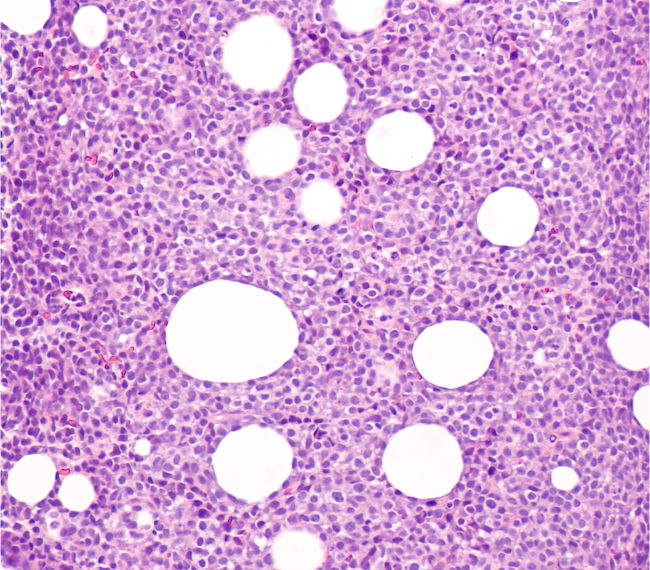
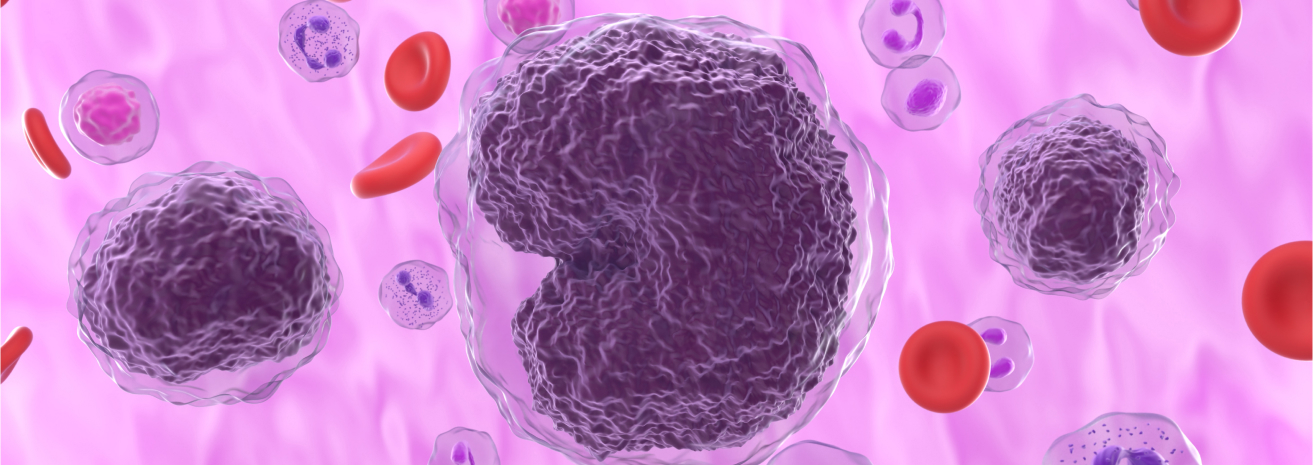
Supportive Care and Patient Services
We offer a variety of supportive care services to help lymphoma patients manage their treatment and maintain their quality of life
Infection Prevention and Management
Due to the risk of infections during lymphoma treatment, we provide measures and treatments to prevent and manage infections.
Blood Transfusions
Regular transfusions of red blood cells and platelets may be needed during treatment to support healthy blood counts.
Palliative Care
Symptom management and quality-of-life support for patients with advanced or relapsed lymphoma.
Psychosocial Support
Counseling services for patients and their families to cope with the emotional and psychological challenges of a lymphoma diagnosis.
Physical Rehabilitation
Programs to help patients regain strength and improve mobility after treatment.
Nutritional Counseling
Tailored dietary advice to help patients maintain strength and manage side effects during chemotherapy or stem cell transplantation.
Patient Journey
We guide lymphoma patients through every step of their treatment journey, ensuring personalized care and support
Initial Consultation
A comprehensive evaluation with the lymphoma care team, including diagnostic tests to determine the type and stage of lymphoma.
Personalized Treatment Plan
Based on the patient’s diagnosis, preferences, and overall health, a customized treatment plan is developed.
Treatment and Support
Patients receive chemotherapy, targeted therapy, immunotherapy, or stem cell transplantation as part of their treatment plan, supported by a multidisciplinary team.
Follow-Up Care:
After treatment, patients receive regular follow-ups to monitor their recovery, assess treatment response, and manage long-term health concerns.













